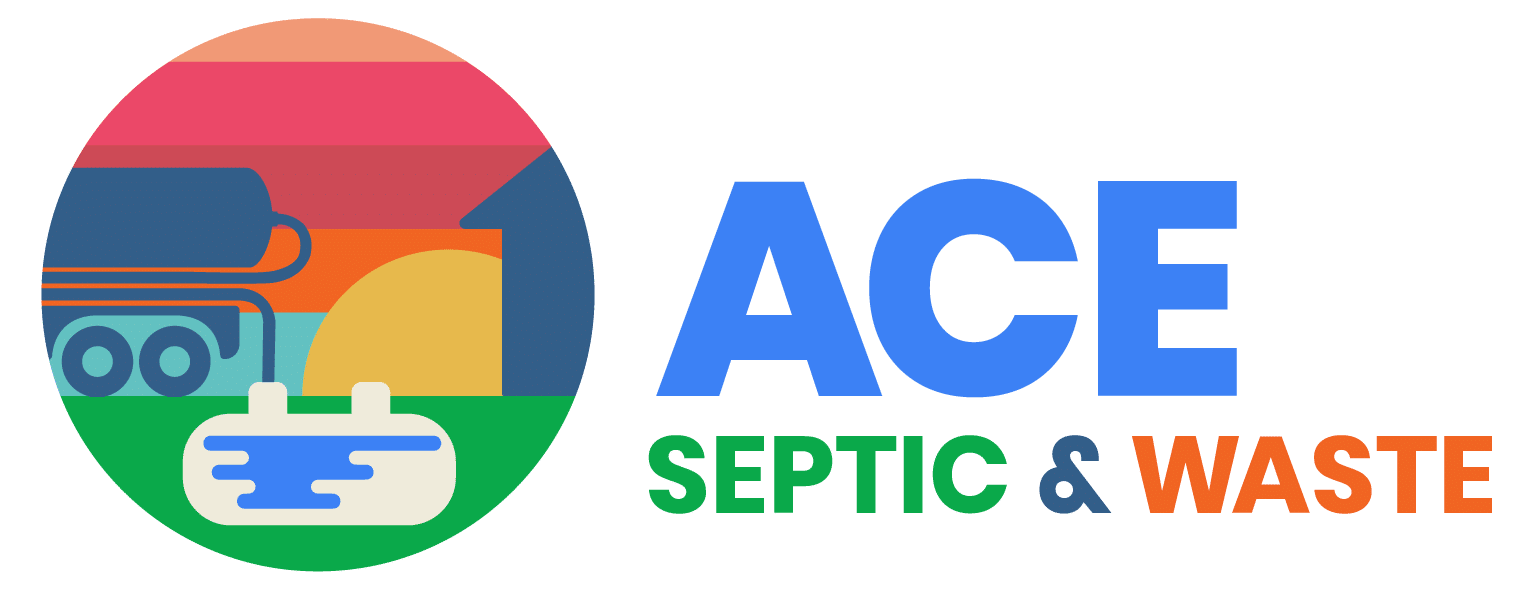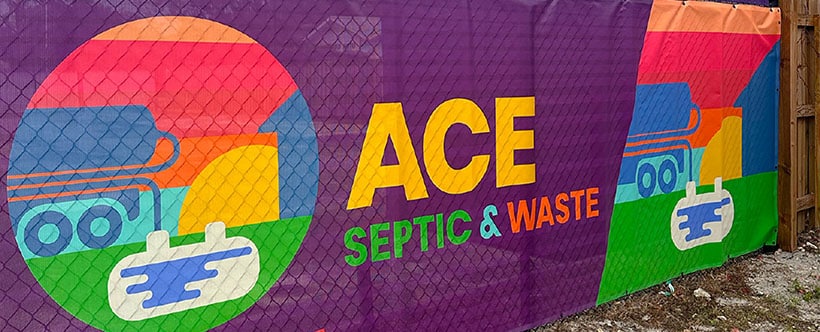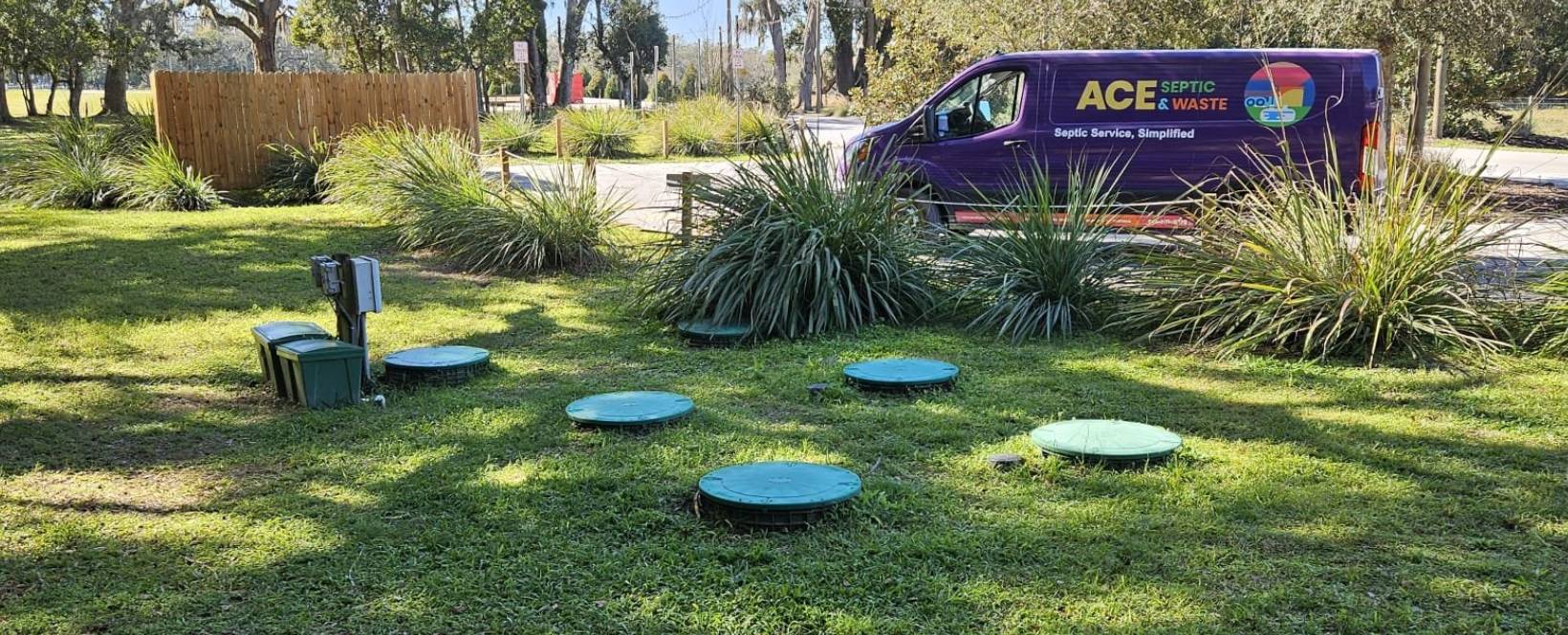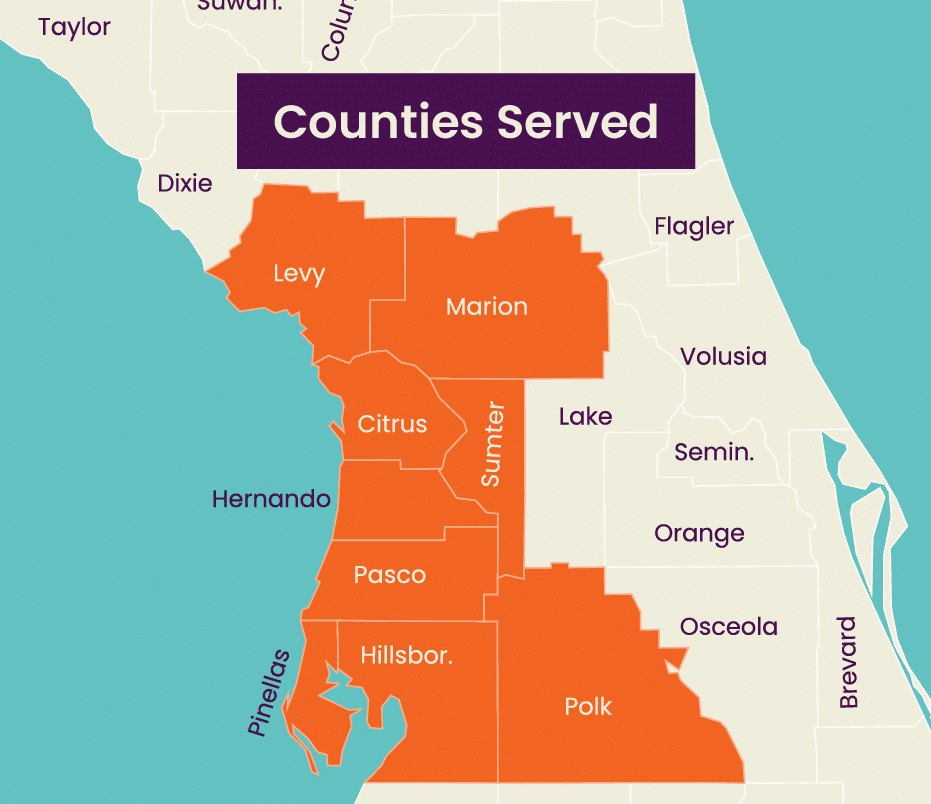Nitrogen is an essential part of our ecosystem, but too much of it can be harmful. ACE Septic & Waste is proud to offer nitrogen-reducing services to our customers in the greater Tampa area. We’re one of the fastest-growing septic service companies in all of Florida, and now we’re offering subsidized septic services to some citizens of Citrus County through a government grant.
We’ve partnered with Citrus County because reducing the amount of nitrogen in your septic system helps protect the environment and keeps your septic system running smoothly.
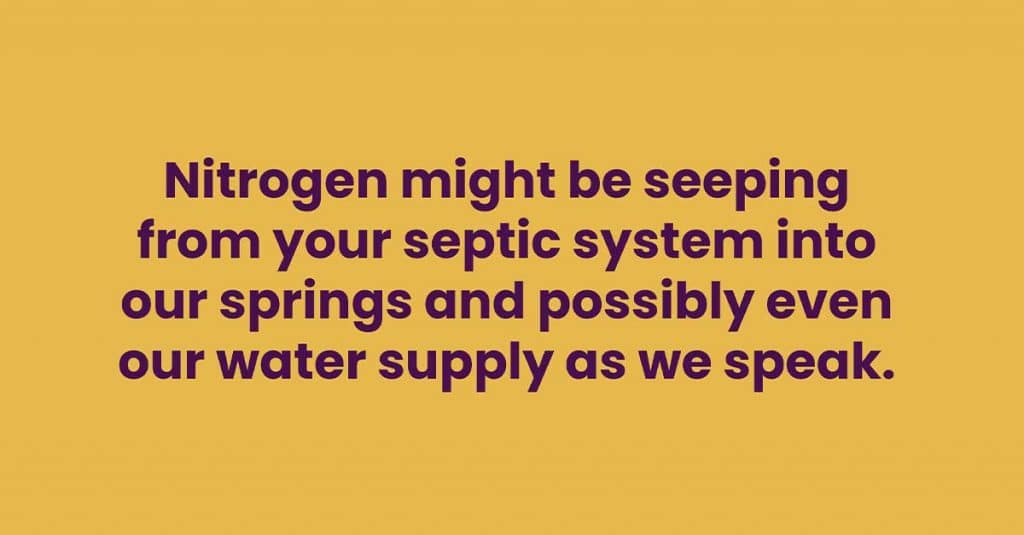
Citrus County Grant for Septic Upgrades
Citrus County is offering a grant program incentivizing homeowners to seek nitrogen-reducing septic services. If your property qualifies for grant funds, you can save up to $7,000 on the treatment.
However, your time is limited. The Citrus County Septic Upgrade Incentive Program will not last forever. The deadline to sign up is August 31, 2022 for the services to be performed by the end of the year.
Only $1.5 million total has been earmarked for the project. When the funds run out, that’s it. So, if you want to take advantage of this opportunity, get in touch with ACE Septic & Waste today! We can help you submit your application and will provide a free estimate.
Citrus County residents* can sign up for subsidized septic services here.
*Please note that only certain residents of Citrus County may be eligible for funding.
Citizens of Citrus County, and all of Florida, for that matter, should know that excess nitrogen causes serious trouble in your septic system. The problem will only worsen if you don’t take care of it now.

Why Nitrogen Is Bad in Septic Systems
Nitrogen is a naturally occurring element. It’s also a component of septic tank effluent, which is why it’s crucial to reduce the nitrogen level in your septic system. Too much nitrogen can cause all sorts of issues for both your septic system and the environment, including:
1. Excess algae growth: Too much nitrogen can lead to an increase in algae growth. Algae doesn’t just make your septic system look unsightly; it can also clog pipes and pumps and block sunlight from reaching the plants that need it.
2. Contamination of groundwater: Nitrogen is a significant pollutant of groundwater. When there’s too much nitrogen in your septic system, it can leach into the groundwater and contaminate it. That contamination can have severe consequences for both human health and the environment. For instance, “blue baby syndrome,” or methemoglobinemia, is a condition that occurs when infants get exposed to too much nitrogen in their drinking water. The infants turn blue because nitrates can affect blood oxygen.
3. Eutrophication of lakes and streams: Excess nitrogen can also cause eutrophication, the over-fertilization of lakes and streams. This eutrophication can lead to increased algae growth, depleting the water’s oxygen and killing fish and other aquatic creatures.
How to Reduce Nitrogen in Your Septic System
There are several ways you can reduce the amount of nitrogen in your septic system, including:
- Regular maintenance and cleaning: This will help keep your septic system functioning properly and prevent the build-up of scum and sludge.
- Install a nitrogen-reducing filter: This will help remove some of the nitrogen from your septic tank effluent before entering the environment.
- Use low-nitrogen fertilizers: If you have a lawn or garden, use low-nitrogen fertilizers to reduce the amount of nitrogen that enters your septic system.
Right now, the best way to protect your water supply is to participate in the Citrus County Septic Upgrade Incentive Program. If your application is approved, we’ll upgrade your septic system and take up to $7,000 off of your bill. For the county, the expense is worth it because it will help save our local waters.
Don’t wait! Contact the ACE Septic & Waste team today to find out if you qualify for the grant. We’re happy to answer any questions you have about the process. And remember, even if you don’t qualify for the incentive program, we can still help you reduce the amount of nitrogen in your septic system. Get in touch for a free estimate!

